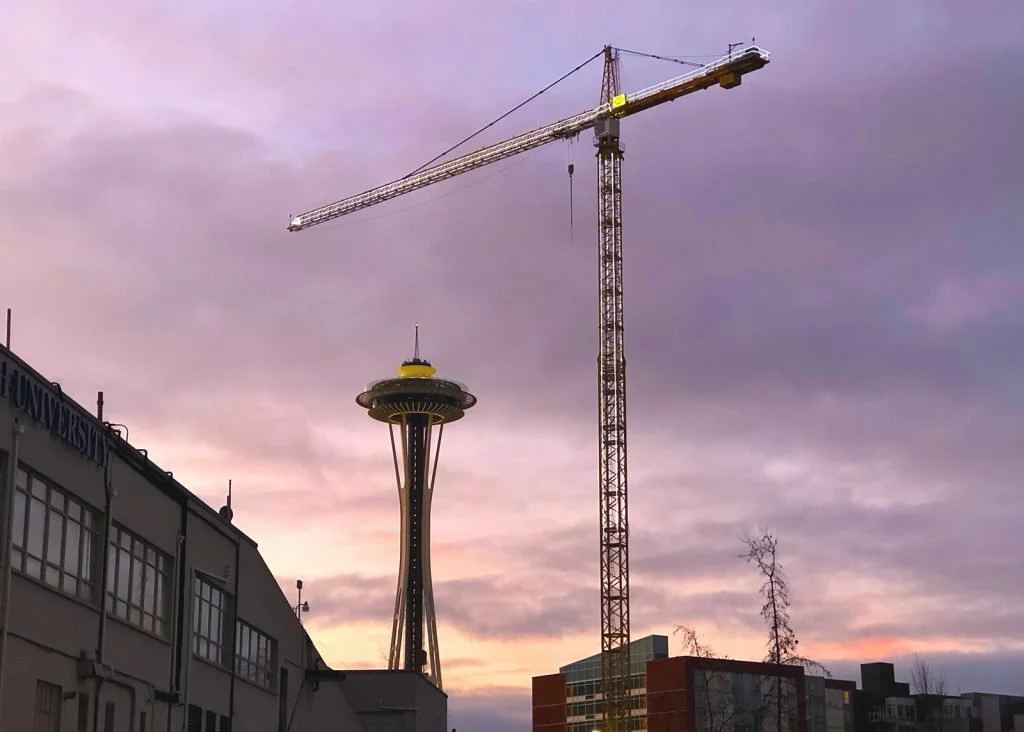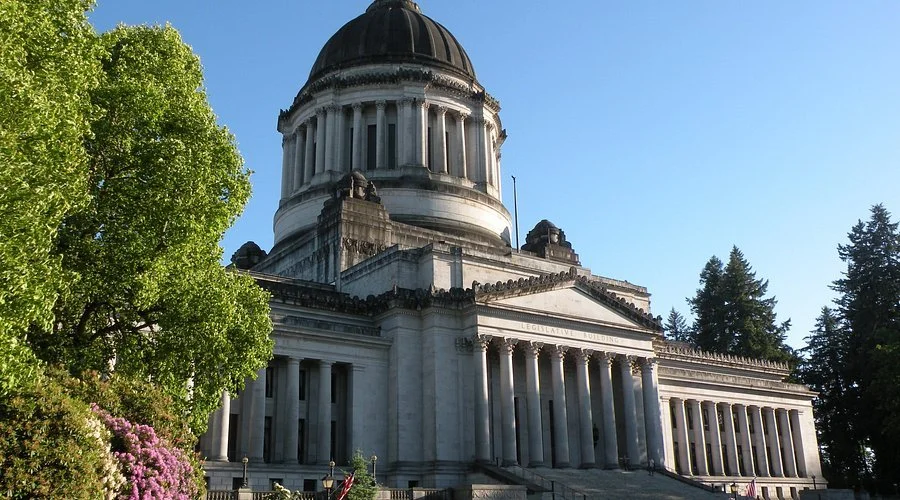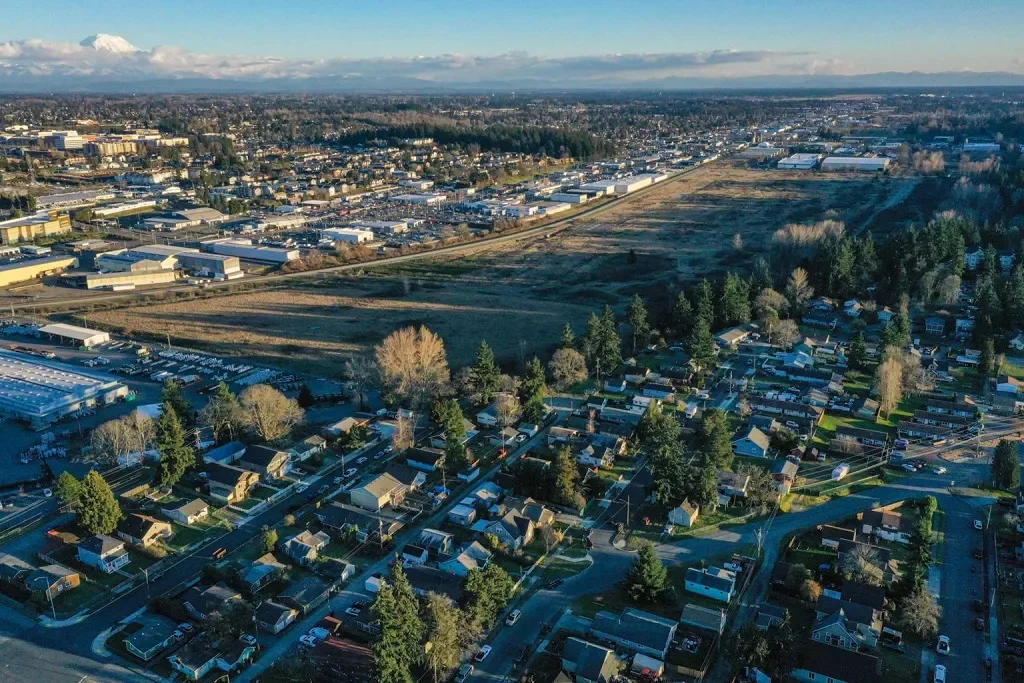Washington’s Growth Management Reality: What This Moment Means for Development, Housing, and Community Investment
A Crucial Moment for Community Investment in Washington State
Recent reports surrounding the administration of Washington’s Community Reinvestment Program (CRP) have raised serious questions about transparency, oversight, and the equitable distribution of public funds intended to support Black, Latine, Tribal and underserved communities. As investigations and internal reviews unfold across several organizations, we find ourselves at an important crossroads in the fight for fair and accountable community development.
The CRP was launched with the promise of expanding homeownership, supporting minority-owned businesses, and strengthening communities historically harmed by discriminatory policies. As a Black-led real estate development firm operating in Seattle, Tacoma, and Skyway, Gardner Global understands the transformative potential of these dollars and the consequences when they fail to reach the communities they were designed to uplift.
The Policy Problem: Layers of Rules, Years of Delays
The core issue highlighted in recent reporting is not new to those in the industry. Washington’s planning structure currently involves:
State-level rules
County-level tiers
Local zoning codes
Comprehensive plans that can take years to update
Multiple approval pathways depending on jurisdiction
While this framework was intended to ensure responsible growth, the result especially in the Puget Sound region is inconsistent rules, lengthy timelines, and high costs for developments that could immediately benefit communities.
For developers in places like Skyway, South Seattle, and Tacoma, this often means:
Projects stalling for months or years
Costs rising mid-process
Community needs outpacing what the system allows
Smaller, mission-driven developers marginalized by bureaucratic barriers
The State is now openly acknowledging that this structure has contributed to Washington’s housing shortage. And that acknowledgment matters.
Why This Story Matters for Developers, Small Businesses, and Families
Washington’s public investment programs are more than line items in a state budget. For many BIPOC developers, entrepreneurs, and aspiring homeowners, they are one of the few pathways to closing generational gaps in access to capital, property ownership, and long-term community stability.
When questions arise about how these funds are managed, the impact is felt far beyond internal organizational walls. Every delay, every unclear process, every misalignment between intention and outcome can slow the pace of development, restrict access to opportunity, and weaken trust in institutions meant to serve the public good.
This moment calls for clarity, accountability, and renewed commitment to the equitable distribution of resources.
A System That Must Work for Everyone
The investigations now coming to light highlight a challenge that many Black developers and community-focused organizations have quietly navigated for years: the structural difficulty of accessing public funding streams, even when those funds are created specifically to address inequity.
For builders, nonprofit partners, and community lenders doing the real work on the ground, inconsistent processes and bottlenecked funding channels can mean the difference between a project that moves forward and a project that stalls indefinitely. These challenges ripple outward—affecting jobs, business ecosystems, local neighborhoods, and the very families these programs were created to support.
At Gardner Global, we believe every dollar earmarked for community reinvestment must be stewarded with integrity, transparency, and measurable impact.
The Call for Transparency Is Not a Critique, It Is a Requirement
It is important to state clearly: No assumptions should be made until the relevant investigations are complete.
All organizations and individuals deserve due process. However, calling for transparency is not an accusation. It is a responsibility.
Whether it is a public agency, a nonprofit, or a private firm, community-facing organizations must operate with clear processes, accountable leadership, and strong compliance structures. Public trust is not automatic it is earned through action.
When millions in taxpayer dollars are allocated to support communities that have historically been excluded from investment, all stakeholders must ensure those funds move efficiently, ethically, and in alignment with state goals.
The Opportunity Ahead
Washington is at a crossroads.
The old system is being questioned.
The need for housing is undeniable.
Communities want investment that reflects their identity and future.
Gardner Global believes that smart, community-led development is the path forward. As policymakers consider changes to the GMA and Washington’s planning framework, it will be essential to elevate the voices of those who work directly in these neighborhoods.
Because the people who know the system most intimately, the developers on the ground are also the ones best positioned to help build Washington’s next chapter.
Gardner Global intends to be part of that conversation.
And more importantly, part of the solution.



